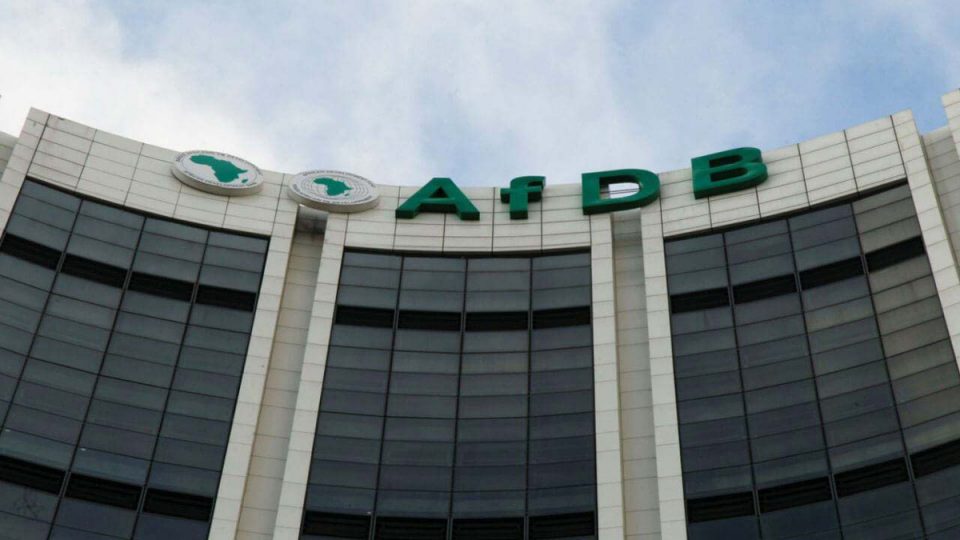Akinwunmi Adesina, President, African Development Bank (AfDB) has reiterated the bank’s commitment to continue to give hope to the least developed countries in Africa.
Adesina said this at the second meeting of the African Development Fund (ADF) Deputies for the 15th Replenishment of ADF, held in Antananarivo, Madagascar on July 2.
According to him, ADF is all about unleashing hope, opportunities, and prosperity for the least developed countries in the midst of challenges.
“As we gather today, I am mindful that more still needs to be done.
“The journey is yet still long and tortuous. Supporting ADF countries is not a finished business, it is an ongoing business.
“An ongoing business to tackle poverty, inequality and fragility.
“An ongoing business to address climate change, gender biases, as well as tackle corruption, illicit capital flows, poor management of natural resources, building quality infrastructure and connecting nations.
“An ongoing business to entrench better economic and political governance,’’ he said.
He, however, said that the milestones on the way were encouraging.
Adesina said “ADF 14 cycle is well on track to achieving its targets. And with that, ADF would have committed 48 billion dollars to low income countries since its inception in 1973.
“I am excited that with the ADF 14 cycle, an additional 7.1 million people will be connected to electricity, 5.8 million via the grid and 1.3 million through off grid systems.
“Over 42 million people will benefit from investments in agriculture, majority of whom will be women.
“7.5 million people will benefit from improved water and sanitation.
“All that is going to happen in just one more year,’’ Adesina said.
While urging member states to sustain their confidence on the bank, Adesina solicited their continued support for the bank.
He said “ADF needs your continued strong support. We have set high ambitions for ourselves.
“With the Affirmative Action for Women in Africa (AFAWA), we now have financial engineering innovation for women.
“This will transform the financing landscape for women in Africa, and could help leverage at least three billion dollars for women.
“We have set our eyes on doubling the share of climate finance to 25 billion dollars by 2025, half of which will be delivered during this ADF 15 cycle.
“We will make major progress on the “Desert to Power’’ which is targeted at turning the Sahel into a solar zone.
“We will scale up work on creating jobs for the youth to stem migration into Europe,’’ he said.
Adesina added that the bank would help to address debt sustainability through targeted policy and institutional support for increased transparency.
He also said that the bank intends to ramp up support for private sector development and boost investments through business and investment regulatory reforms.
“We have significantly ramped up the Bank Group capacity to do more.
“Staff vacancy rates were halved from 24 per cent in January 2018 to 12 per cent by April 2019, just 2 per cent to reaching the agreement for ADF 14, which we shall fully meet.
“The Bank Group has strengthened its regional presence and now has offices in 41 countries, including in 25 ADF countries and 16 transition states.
While emphasising that the bank would implement its “One Bank” model, Adesina said that stakes for Africa to meet the Sustainable Development Goals (SDGs) were high.
“It is time to significantly increase support for ADF countries. ADF countries cannot be left behind,’’ Adesina said.




